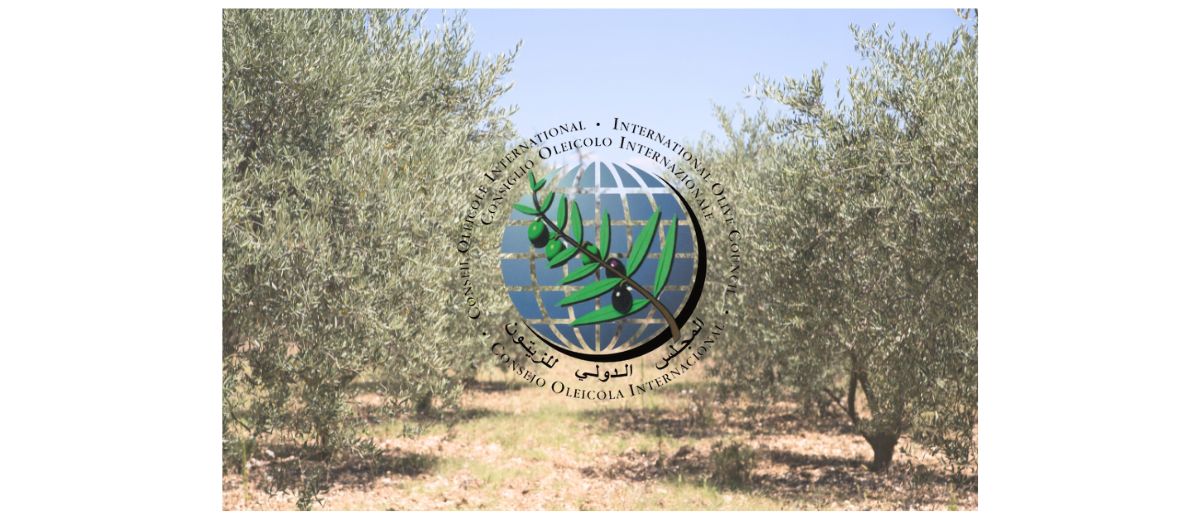This week on the Olive Health Information System website
The newsletter of the University of Navarra and the IOC dedicated to health
The Mediterranean diet is characterized by a high consumption of olive oil, fruits, vegetables, fish, and nuts, and has been extensively studied for its numerous health benefits, including its potential to reduce inflammation and prevent chronic diseases. Due to its abundance of plant-based foods, this dietary pattern is notably rich in phenolic compounds which have demonstrated multiple beneficial properties, such as antioxidant and anti-inflammatory effects, cancer prevention, and improved gut health. Research has shown that a low intake of these bioactive compounds is associated with increased risk of mortality. This finding is supported by a prospective cohort study involving more than 18,000 participants, which found that individuals with low phenolic compound consumption had a 32% higher risk of all-cause mortality, a 44% higher risk of cancer-related mortality, and a 69% higher risk of death from other causes (excluding cancer and cardiovascular disease).
Additionally, the Mediterranean diet has been shown to have beneficial effects in preserving kidney function. The PREDIMED-Plus trial included nearly 2,000 participants with overweight or obesity and metabolic syndrome. Participants were randomly assigned to either an intervention group (which followed an energy-restricted Mediterranean diet, physical activity promotion, and behavioral support) or a control group (which received general recommendations on the Mediterranean diet). Kidney function was assessed using various urinary parameters at 12 and 36 months. Results indicated that the intervention group experienced a smaller decline in kidney function compared to the control group, suggesting that this comprehensive approach may effectively help preserve kidney function in older adults with overweight and metabolic syndrome.
Other articles mentioned this week in the OHIS newsletter:
Cancer
Cardiovascular diseases
Frailty and sarcopenia
The Relationship Between a Mediterranean Diet and Frailty in Older Adults: NHANES 2007-2017.
Are Dietary Patterns Relevant for Reducing the Risk of Fractures and Sarcopenia?
Liver disease
Mental health and neurodegenerative diseases
Mortality
Other topics
Women health










